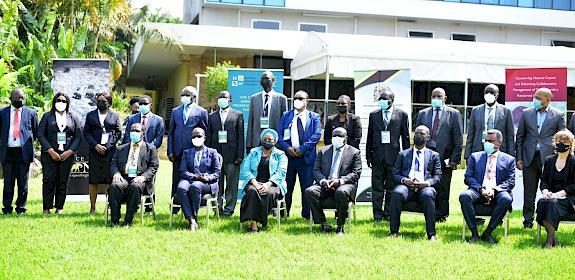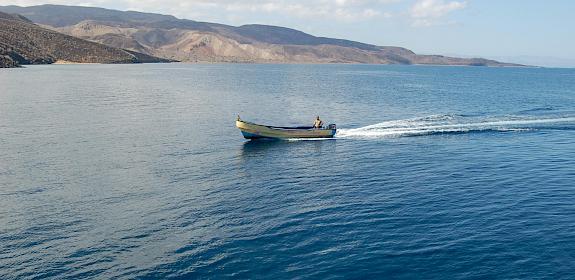UN reaffirms commitment to address illicit wildlife trafficking through powerful new resolution
New York, September 2017—the United Nations General Assembly (UNGA) concluded its 71st session last week with the 193 Member States adopting a strong new Resolution on tackling illicit trafficking in wildlife.
The new Resolution includes commitments to enhance national legislation and enforcement measures, counter corruption, and utilize new technologies to counter crime, alongside measures to support sustainable livelihoods and undertake targeted demand reduction efforts.
It helps maintain the political momentum generated following the adoption of the ground breaking UNGA Resolution on wildlife trafficking in 2015, where wildlife crime was recognized as a serious crime.
Attention is drawn to the G20 adoption in July this year of High-level Principles on Combatting Corruption Related to Illegal Trade in Wildlife and Wildlife Products alongside a renewed recognition that wildlife crime should be treated as a predicate offence with links to fraud, racketeering, money-laundering and other forms of financial crime.
The new resolution also recognizes several measures adopted by Parties to the 17th Meeting on the Conference to the Convention on International Trade in Endangered Species of Wild Fauna and Flora (CITES CoP17) in order to address wildlife trafficking, including those on countering corruption and cybercrime, and the call for the closure of legal domestic ivory markets that are contributing to poaching or illegal trade.
Alongside law enforcement actions, the resolution also recognizes the need for a comprehensive response that addresses development issues related to poverty eradication, food security, sustainable development, including conservation and sustainable use of biological diversity, economic growth, social well-being and sustainable livelihoods.
The latest resolution gives attention to forest and marine issues, including “the need to take measures to prevent illegal timber harvesting, which leads to the decimation of rare timber species, in particular of rosewood, agarwood and sandalwood” and reference to the threats posed by illegal trade to sharks and marine turtles.
This latest UN Resolution demonstrates that the firm political resolve remains in place to address wildlife crime: now adequate resources are needed to turn the bold words into action on the ground
Sabri Zain, TRAFFIC’s Director of Policy




